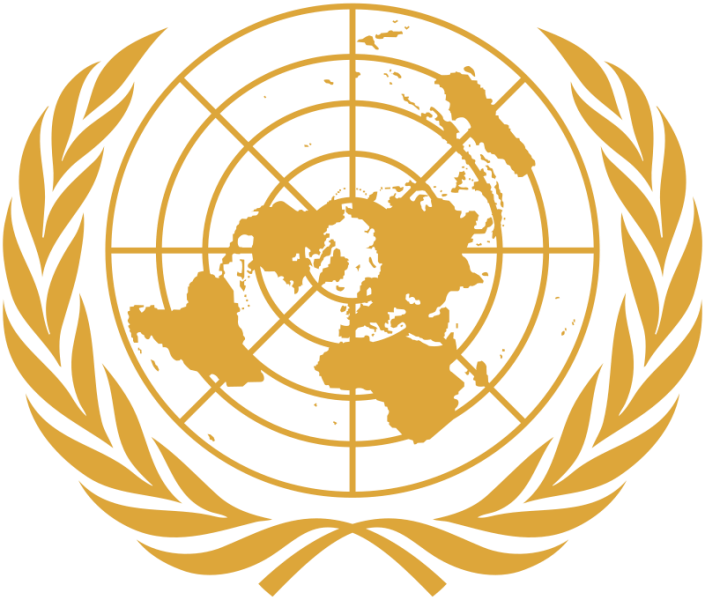
Eye care for Ebola survivors being provided by local ophthalmologists
WHO, Apr 11 (IBNS): In the Democratic Republic of the Congo, local ophthalmologists are learning to provide specialized care to Ebola survivors, WHO reports said.
Knowledge gained following the 2014–16 West Africa Ebola outbreak identified a number of challenges survivors face, including reduced or blurred vision stemming from inflammation of their eyes. About 20% of survivors from that outbreak had some form of eye problem.
By identifying and treating these problems early, serious consequences, including blindness, can be averted.
With the Ministry of Health of the Democratic Republic of the Congo (DRC), the World Health Organization recently organized an eye clinic to check on the eye health of survivors of the current Ebola outbreak.
Thrilled (and a bit humbled) to see that our work from #SierraLeone is living on... helping with early diagnosis, treatment, and preventing progression of #EVD sequelae among survivors in the #DRC #ebola outbreak.#portlokohttps://t.co/r4UW92qWPF
— vidya (@viadya) April 10, 2019
The clinic was held in Beni, DRC, one of the affected areas, from Mar 25 March to Apr 1. In addition, an eye clinic in Butembo, another affected area, was equipped so that they can provide this specialized care to survivors there. This is the first time in an Ebola outbreak that follow-up for eye care has happened so soon after survivors have been released from care.
Learning from West Africa #Ebola outbreak being applied in #DRC - Survivors see more clearly https://t.co/qW4tvCfNO1 @Concern @rekasztopa @gborgoltz @OphthTimes @OTEurope @OrbisIntl @SightsaversIE @ifglobalhealth @SNHS_DCU @Irish_Aid @TheLancetInfDis @AfricaAgstEbola @CDCGlobal
— Breda Gahan (@Health_HIV2030) April 10, 2019
Several survivors also helped with the planning and administration of the clinic. Partners in this project include Emory University, which deployed two ophthalmologists, and University of North Carolina which deployed one ophthalmologist to the project via the Global Outbreak Alert and Response Network, which is hosted by WHO.
Over 250 survivors were seen. The team noted that complications such as uveitis were observed at lower rates compared to cases from the 2014–16 West Africa Ebola outbreak. So far only one survivor had eye complications that may be linked to Ebola.
#Ebola in #DRC: significant increase in the last two weeks: more than 120 confirmed cases. @ALIMA_ORG continues to support @MinSanteRDC with its partners as well as in collaboration with communities in #Beni and #Katwa. @WHO @WHOAFRO @WHO_DRC pic.twitter.com/MRM6pvKCbw
— ALIMA (@ALIMA_ORG) April 10, 2019
As part of the programme, international specialists trained 10 Congolese ophthalmologists on how to identify and treat Ebola-related eye issues. Feedback from participating national healthcare providers and enrolled survivors was overwhelmingly positive.
Next steps will be to continue to follow up with survivors, at the clinics held each month, where they are provided medical, biological and psychological care. There are currently over 300 survivors registered in the follow-up programme.
(Reporting by Asha Bajaj)
Support Our Journalism
We cannot do without you.. your contribution supports unbiased journalism
IBNS is not driven by any ism- not wokeism, not racism, not skewed secularism, not hyper right-wing or left liberal ideals, nor by any hardline religious beliefs or hyper nationalism. We want to serve you good old objective news, as they are. We do not judge or preach. We let people decide for themselves. We only try to present factual and well-sourced news.







